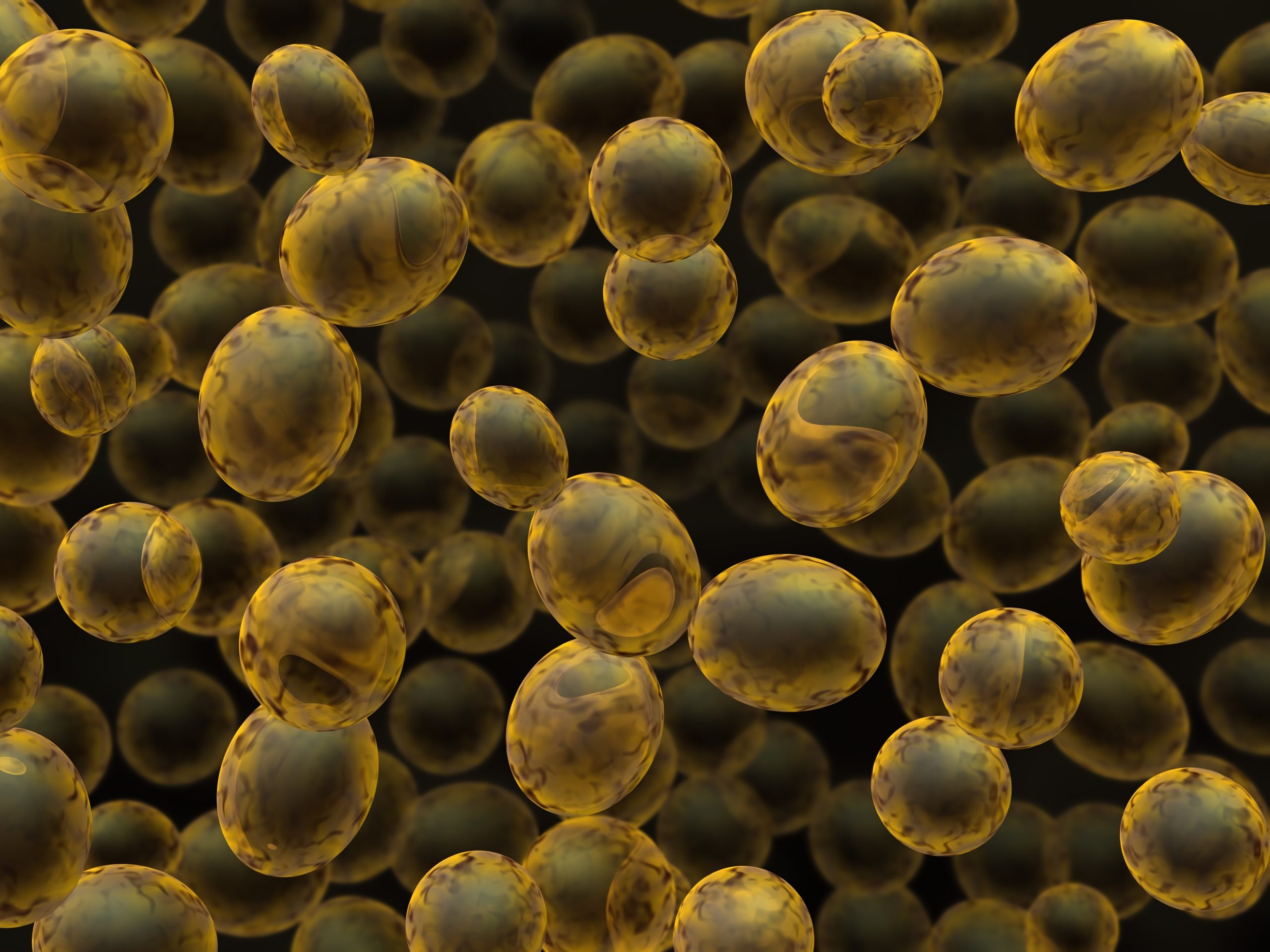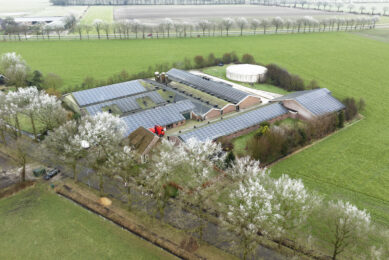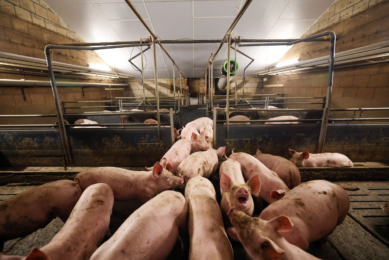Bacillus: From soil to piglet feed

Probiotics can have a positive effect on the intestinal epithelial barrier and immune function. Chinese research looked more closely and evaluated the effects of a probiotic Bacillus strain, originally isolated from soil, and how it can benefit piglets.
With the global pressure to reduce the use of (preventive) antibiotics in farm animals, the attention to promote and invest in gut health (immunity and reducing inflammation at gut level) has become a bigger topic. The intestine has always been one of the vital visceral organs, not only for digestion and absorption of nutrients but also for its innate barrier sheltering the animal from feed-resource antigens, pathogenic microorganisms and their harmful metabolites. There are several feed additives that have positive effects on gut health including probiotics. Probiotic microorganisms that are often used in animal diets are lactic acid bacteria (LAB), Bacillus spp. and yeasts. Probiotics strengthen the intestinal structure and simultaneously form a beneficial micro-ecosystem. The mechanisms by which probiotics function include the regulation of immune function, coping with symbiotic bacteria and pathogens directly to prevent infection, the repair of intestinal homeostasis and the degradation of pathogenic toxins.
From in vitro to in vivo
A number of studies have looked at the effects of certain probiotics on performance and health indicators in farm animals. For example, Wang et al (2016) did a study in which 24 newborn piglets were supplemented with Enterococcus faecium. The researchers wanted to know if this probiotic supplementation can positively influence growth performances and intestinal microbiota. They showed that oral administration of this type of probiotic to newborn piglets could improve the growth performance and decrease diarrhoea incidence by improving intestinal microbiota for both suckling and weaned piglets. Another study (Chevaux et al, 2015) showed that probiotic yeast Saccharomyces cerevisiae boulardii CNCM I-1079, helps increase sow feed intake during lactation. According to numerous studies, creep feed intake during the suckling period can be significantly increased with probiotic supplementation. Suckling piglets supplemented with a Bacillus species-based probiotic have shown a notable increase in growth performance as compared to a control group. A different study also addressing the effect a Bacillus species-based probiotic supplemented as feed additive has shown that pre-weaning mortality could be significantly reduced by more than 50% with probiotic supplementation. Such notable increase in piglet survival results in one more pig weaned per litter, which is a clear indication that probiotics can improve the performance and profitability of sow units.
Although a number of studies are done in real animals, the complex interactions between the host intestine and microbial symbionts are still not completely understood. Existing research mainly conducted in vitro or in murine trials; fewer involve the use of large animals like swine that have an analogous antigen and physiological basis with mankind. Recently, a group of researchers from the Institute of Feed Science at Zhejiang University in China published the results of their study that looked at whether Bacillus amyloliquefaciens SC06 (Ba), originally isolated from soil, can serve as a good alternative to antibiotics (aureomycin) and how the probiotics influence gut health.
Experimental set-up
In the trial, 90 male piglets (Duroc × Landrace × Yorkshire) (40 days old) with similar initial weights were randomly divided into three groups: G1 (containing 150 mg/kg aureomycin in the diet); G2 (containing 75 mg/kg aureomycin and 1×108 cfu/ kg Ba in the diet); G3 (containing 2×108 cfu/kg Ba in the diet without any antibiotics). The basal diet was supplemented with minerals and vitamins to meet or exceed the requirements for pigs (NRC, 1998). The experiment period lasted 28 days. At the end of the experiment, piglets (n=6) were randomly picked from one replicate in each group to collect the samples (blood, liver, mid-jejunal segments, jejunal mucosa).

Better intestinal mucosa structure
The results showed that, compared with the antibiotic group (G1), villus length, crypt depth and villus length/crypt depth ratio of intestine significantly increased in the G2 and G3 groups. In addition, intestinal villi morphology, goblet-cell number, mitochondria structure and tight junction proteins of intestinal epithelial cells in G2 and G3 were better than in G1. The relative gene expression of intestinal mucosal defensin-1, claudin3, claudin4, and human mucin-1 in G3 was significantly lower, while the expression of villin was significantly higher than in the antibiotic group. Probiotic Ba could significantly decrease serum interferon (IFN)-α, IFN-γ, interleukin (IL)-1β, and IL-4 levels, whereas increase tumour necrosis factor (TNF)-α and IL-6 secretion. Ba could also significantly decrease cytokines TNF-α, IFN-γ, IL-1β, and IL-4 level in liver, whereas it significantly increased IFN-α. Furthermore, replacing antibiotics with Ba also significantly down-regulated gene expression of TNF and IL-1α in intestinal mucosa, but up-regulated IL-6 and IL-8 transcription. Dietary addition of Ba could significantly reduce the gene expression of nuclear factor kappa beta (NFκB)-p50 and Toll-like receptor (TLR)6, while there was no significant difference for that of myeloid differentiation primary response 88, TNF receptor-associated factor-6, nucleotide-binding oligomerisation domaincontaining protein 1, TLR2, TLR4, and TLR9.
Conclusion
In conclusion, these results demonstrate that probiotic Ba could increase the intestinal epithelial cell barrier and immune function by improving intestinal mucosa structure, tight junctions and by activating the TLRs signalling pathway.
This article is a summary of the original paper: Probiotic Bacillus enhance the intestinal epithelial cell barrier and immune function of piglets, written by W. Du et al and published in the Beneficial Microbes, 2018; 9 (5): 743-754.











